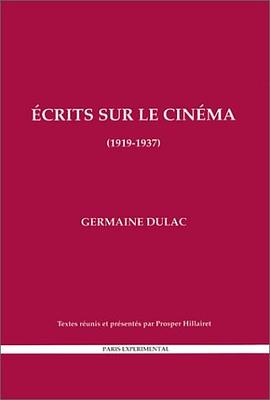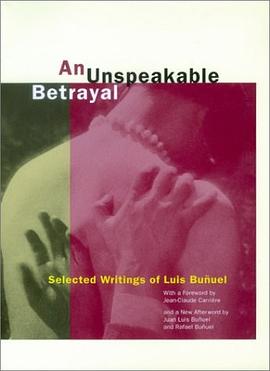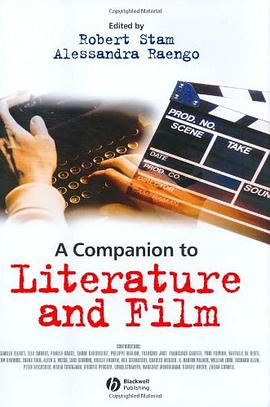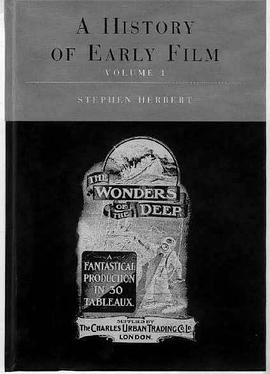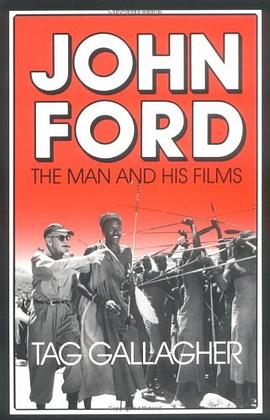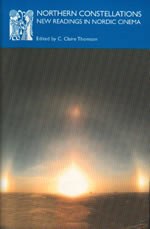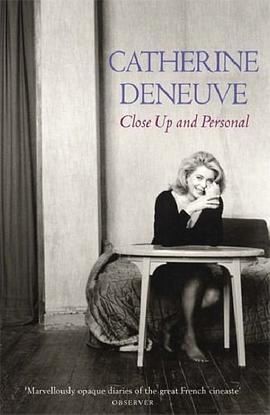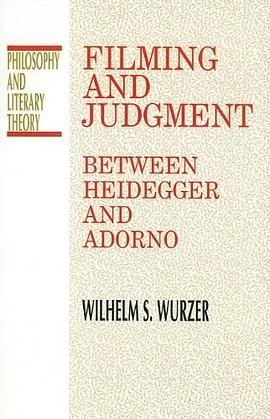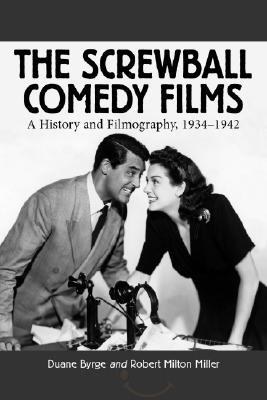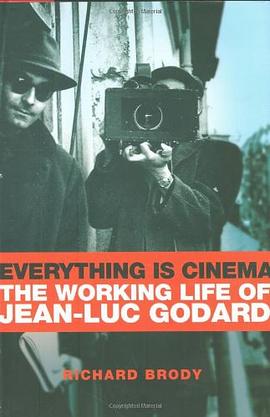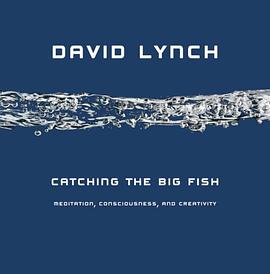

具體描述
In this rare work of public disclosure, filmmaker David Lynch describes his personal methods of capturing and working with ideas, and the immense creative benefits he has experienced from the practice of meditation <br/><br/> Over the last four decades, David Lynch has created some of the best-known and widely discussed screen works of our time. This distinctive writer-director's art bears not only the mark of box-office success but also criticalacclaim and cultural posterity. <br/><br/> Yet Lynch generally reveals little of himself, or the ideas behind his work. Now he provides a rare window into his methods as an artist and his personal working style. In Catching the Big Fish, Lynch writes candidly about the tremendous creative benefits he has gained from his thirty-two-year commitment to practicing Transcendental Meditation. <br/><br/> In brief chapters, Lynch describes the experience of "diving within" and "catching" ideas like fish-and then preparing them for television or movie screens, and other mediums in which Lynch works, such as photography and painting. <br/><br/> In the book's first section, Lynch discusses the development of his ideas-where they come from, how he grasps them, and which ones appeal to him the most. He then shares his passion for "the doing"-whether moviemaking, painting, or other creative expressions. Lynch talks specifically about how he puts his thoughts into action and how he engages with others around him. Finally, he discusses the self and the surrounding world -and how the process of "diving within" that has so deeply affected his own work can directly benefit others. <br/><br/> Catching the Big Fish provides unprecedented insight into Lynch's methods, as it also offers a set of practical ideas that speak to matters of personal fulfillment, increased creativity, and greater harmony with one's surroundings. <br/><br/> The book comes as a revelation to the legion of fans who have longed to better understand Lynch's deeply personal vision. And it is equally intriguing to anyone who grapples with questions such as: "Where do ideas come from?" and "How can I nurture creativity?
著者簡介
大衛·林奇(David Lynch),美國最具個人色彩的導演之一。1946年生於美國濛大拿州,兒時的夢想是成為書畫刻印藝術傢,但最著名的身份卻是導演。他的電影華麗而詭異,但主題隱晦壓抑,深具拉美魔幻小說的超現實主義氣質,代錶作如《穆赫蘭道》與《藍絲絨》等,都著力於日常生活遮掩下的人性荒誕與失控的展示,它們都是林奇觀察力與想象力的産物。在鏡頭背後,林奇首先是一個富有創見的旁觀者與思想傢。
圖書目錄
讀後感
在我阅读这本书的第一段时,我就决定我要立刻读完它,很久没有一本书让我有这样的决心了,因为这几个月来我实在太忙,坐下来静下心从头到尾读完一本书竟然成了一种奢侈。 本来约了朋友在一家咖啡厅里聊天,浏览书架时看到这本书翻了翻,便决定读完它。幸好朋友也和...
評分大卫•林奇这本书的副题很容易让人联想到那本《赖声川的创意学》,那本书我没有读过,据说叫好也叫座,颇受现代人追捧。而大卫•林奇这本书的内容也让我联想到赖声川,曾经听过一次他的讲演,印象最深刻的便是他说,人这一生中,大约唯一确定就是死亡这回事了,但几乎很少...
評分從2008年的春夏之交讀到2010年的春天。 其實剛剛開始并不那么喜歡這本書。是上課的時候阮筠庭老师在課前讀一小段。一次,兩次。阮老师的聲音和大衛林區的文字非常契合。安靜,平淡,在溫柔中有種不可抗拒的力量,你必須跟著他和她的思維走,不得不使自己開始思考。 我注意到一...
評分看过大卫·林奇早期的电影《蓝丝绒》后,我便正式加入他的影迷行列。新出版的《钓大鱼》是林奇的随笔集,他在美国电影界称得上当之无愧的多面手,既是著名的编剧、导演,又是优秀的电视制作、摄影师、漫画家、作曲家和书画刻印艺术家。作为读者和影迷,借此书一窥林奇其...
用戶評價
我喜歡這題法
评分怪老頭電影人生隨筆錄,宣傳分享TM貫穿始終。
评分約會的男孩得知我喜歡冥想和林奇之後,送來一本書。用朗讀的方式,兩天時間讀完,啓發很大。大師和工匠之間的區彆在於“力度”。我總覺得林奇的作品和文字,在不動聲色中透露著無法名狀的、強大的、有重量的光環。而工匠們用極大的力氣去假裝“渾然天成,道法自然”。不知道咋說,反正兩者是反著的。
评分這是一本大力宣揚冥想好處的書
评分怪老頭電影人生隨筆錄,宣傳分享TM貫穿始終。
相關圖書
本站所有內容均為互聯網搜索引擎提供的公開搜索信息,本站不存儲任何數據與內容,任何內容與數據均與本站無關,如有需要請聯繫相關搜索引擎包括但不限於百度,google,bing,sogou 等
© 2025 book.quotespace.org All Rights Reserved. 小美書屋 版权所有

